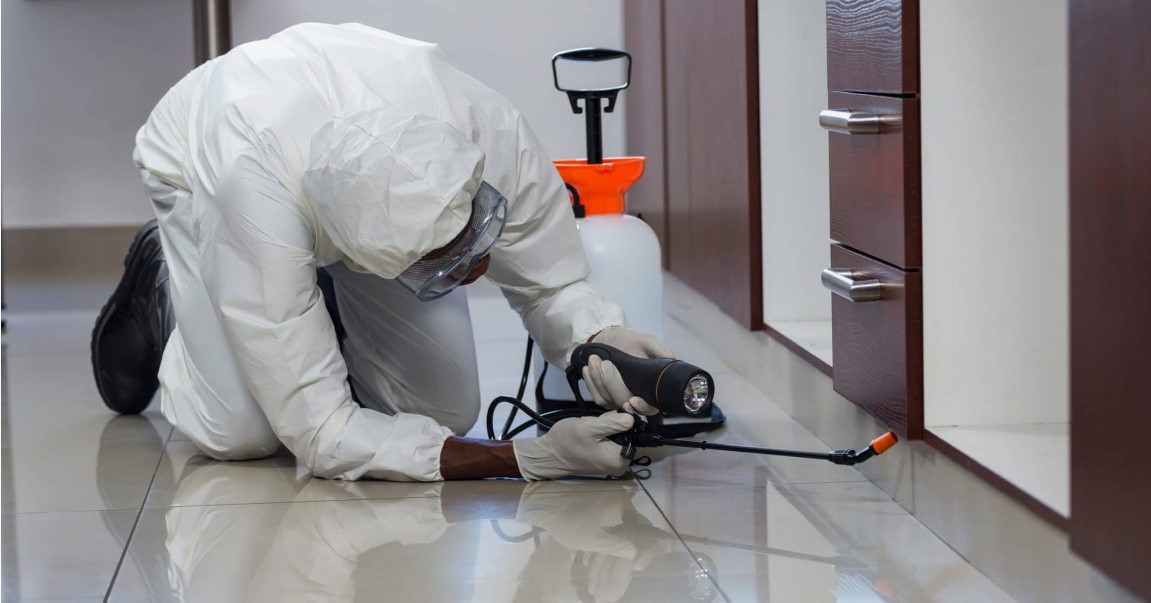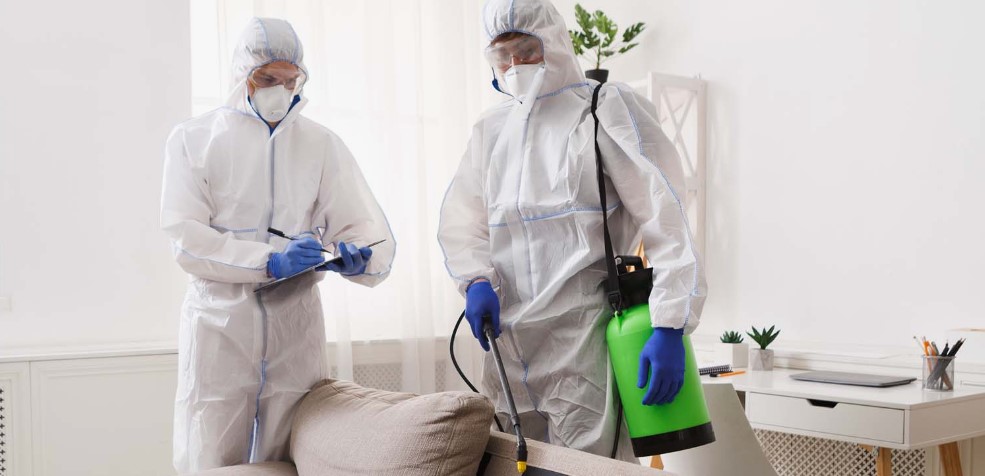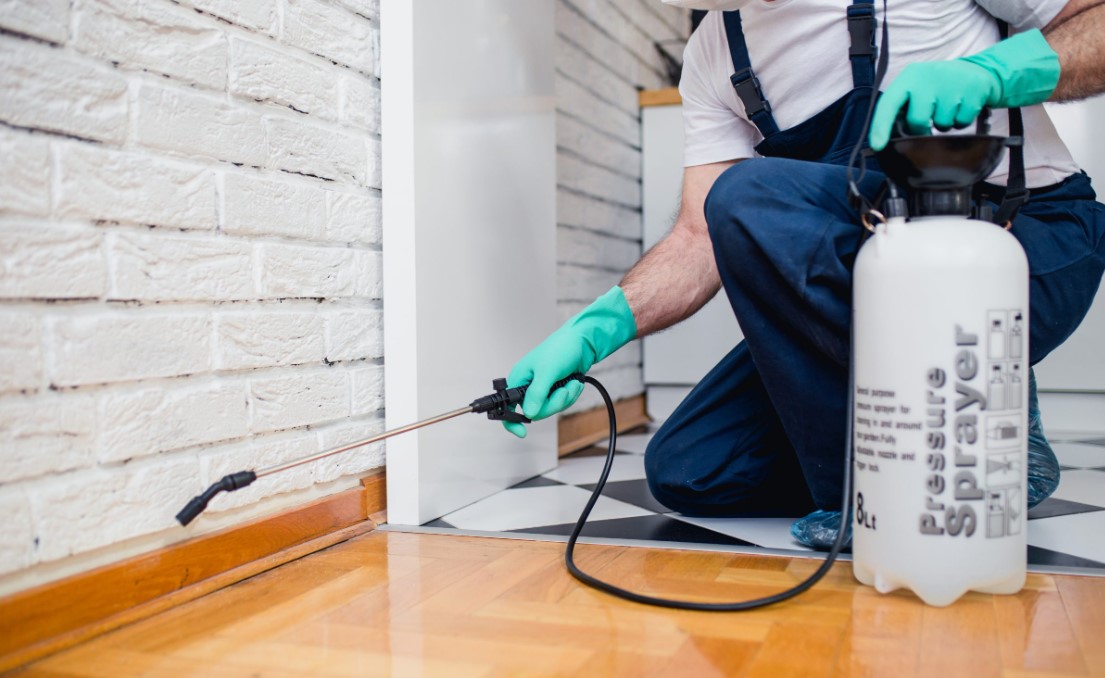Pest infestations are a growing concern across various sectors in Dubai, with schools being particularly vulnerable. The risks associated with these infestations extend beyond health hazards to disrupt the overall learning environment. This article explores the hidden dangers of pest infestations in Dubai’s schools and provides actionable steps on how to address them effectively.
Health Risks to Students and Staff
One of the most pressing concerns in any pest infestation is the threat it poses to public health. Pests like cockroaches, rodents, and ants carry a range of harmful pathogens that can trigger allergies, respiratory problems, and gastrointestinal diseases. In a school environment, where children’s immune systems may still be developing, the risks are even more severe. According to the World Health Organization (WHO), pests are responsible for transmitting over 30 different diseases, including salmonella and E. coli. Left unchecked, these infestations can result in frequent illness among students and staff, leading to absenteeism and lower academic performance.
Impact on School Infrastructure
Pest infestations can also cause significant damage to school infrastructure. Rodents, for example, have a habit of chewing through wires, walls, and even plumbing systems. This not only results in costly repairs but can also pose fire hazards, particularly in older buildings. Termites, another common pest in Dubai, can weaken the structure of school buildings by feeding on wood and other cellulose-based materials. The degradation of infrastructure may lead to long-term maintenance issues, affecting the overall safety and functionality of the school.

Disruption of Learning Environments
The presence of pests can create a highly disruptive learning environment. Rodents scurrying across classrooms, or cockroaches spotted in canteens, can cause distractions and anxiety among students. Moreover, pest infestations may result in the temporary closure of classrooms or facilities for fumigation and cleaning, causing interruptions to the academic calendar. These disruptions not only impact day-to-day learning but can also affect long-term academic goals. Schools with ongoing pest problems might struggle to attract new students, further compounding the issue.
Legal and Compliance Issues
Dubai has strict regulations in place to ensure the safety and cleanliness of schools, as outlined by the Dubai Health Authority (DHA) and the Dubai Municipality. Schools found to have pest infestations could face fines, penalties, and even temporary closures. More importantly, a school’s reputation could be severely damaged, resulting in loss of trust among parents and the community. Adhering to pest control regulations is essential for schools to maintain compliance with health and safety standards. Schools are also required to submit to regular inspections by health authorities to ensure a pest-free environment.
Pest Control Challenges Unique to Dubai
Dubai’s climate, characterized by extreme heat and humidity, creates ideal conditions for the proliferation of pests. Cockroaches and rodents thrive in these conditions, and with Dubai’s densely populated urban areas, schools are at an increased risk. The challenge is further compounded by the fact that many schools in Dubai operate in high-rise buildings, which can provide pests with numerous entry points. Additionally, Dubai’s bustling environment with food courts, cafeterias, and waste collection areas makes schools a prime target for pests.
Steps to Prevent Pest Infestations
1. Regular Inspections
Regular inspections are the first line of defense against pest infestations. Schools should engage certified pest control services to carry out routine checks of critical areas, such as kitchens, canteens, storage rooms, and garbage collection points. Inspections allow for the early detection of pests, minimizing the risk of full-scale infestations.
2. Proper Waste Management
Improper waste disposal is one of the main attractors of pests. Schools should implement strict waste management protocols, ensuring that trash is collected and disposed of daily. Garbage bins should be sealed and placed away from school buildings to reduce the risk of attracting rodents and insects. Regular cleaning of waste collection areas is also essential to prevent pest breeding.
3. Sealing Entry Points
Pests often enter buildings through cracks, gaps, and poorly sealed doors or windows. Schools can reduce the risk of infestations by sealing all possible entry points. This includes ensuring that doors and windows are properly fitted and that any cracks in the walls or floors are promptly repaired. Installing door sweeps and window screens can further help in keeping pests out.
4. Routine Cleaning and Maintenance
A clean environment is less likely to attract pests. Schools should establish strict cleaning schedules, especially for high-risk areas like kitchens and bathrooms. Regular maintenance of the building’s infrastructure, such as plumbing and electrical systems, is also crucial in preventing pests from finding easy access points or nesting areas.
5. Educating Staff and Students
Prevention is a collective responsibility. Schools should educate staff and students on the importance of keeping their surroundings clean. Simple habits like disposing of food waste properly, not leaving food unattended, and reporting sightings of pests can significantly reduce the likelihood of infestations. Regular awareness campaigns can foster a pest-free culture within the school community.
Addressing an Active Infestation
When a pest infestation is detected, immediate action is essential to minimize risks. Schools should engage professional pest control services like Awal Experts to handle the situation. Licensed pest control providers in Dubai are trained to use safe and effective methods that comply with local health regulations. Schools should avoid using over-the-counter pest control products, as these are often ineffective in large-scale settings and may pose additional health risks.

Once the infestation has been addressed, schools should implement a long-term pest management plan. This should include regular follow-up inspections, continuous monitoring of high-risk areas, and adjustments to maintenance and cleaning routines as needed. Such plans ensure that pests do not return and disrupt the learning environment once more.
Importance of Licensed Pest Control Services
Hiring a licensed pest control service is crucial in Dubai, where the authorities have strict guidelines for pest management in schools. Certified companies use government-approved chemicals and methods, ensuring that the safety of students and staff is prioritized. Furthermore, licensed pest control providers can offer tailored solutions for specific pests, which are more effective than general pest control approaches. The Dubai Municipality also mandates the use of eco-friendly solutions where possible, to limit the environmental impact of pest control activities.
The Role of Parents in Maintaining a Pest-Free School Environment
Parents also have a role to play in ensuring a pest-free environment in schools. They can assist by encouraging their children to practice good hygiene, such as cleaning up after eating and reporting any sightings of pests. Furthermore, parents should ensure that their children’s bags and lunch boxes are free of leftover food, which can attract pests. In addition, parents can collaborate with school administrations to ensure that pest control services are being regularly scheduled and that proper hygiene practices are enforced.
Conclusion
The dangers posed by pest infestations in Dubai’s schools extend far beyond mere inconvenience. They threaten the health of students and staff, damage infrastructure, disrupt learning, and place schools at risk of non-compliance with local regulations. Addressing these challenges requires a comprehensive approach, including regular inspections, strict waste management protocols, sealing of entry points, and routine maintenance. By partnering with licensed pest control services and fostering awareness within the school community, schools can create a safe, pest-free learning environment for all.

Skier, follower of Christ, guitarist, Saul Bass fan and holistic designer. Producing at the junction of art and sustainability to craft meaningful ideas that endure. I prefer clear logic to decoration.
